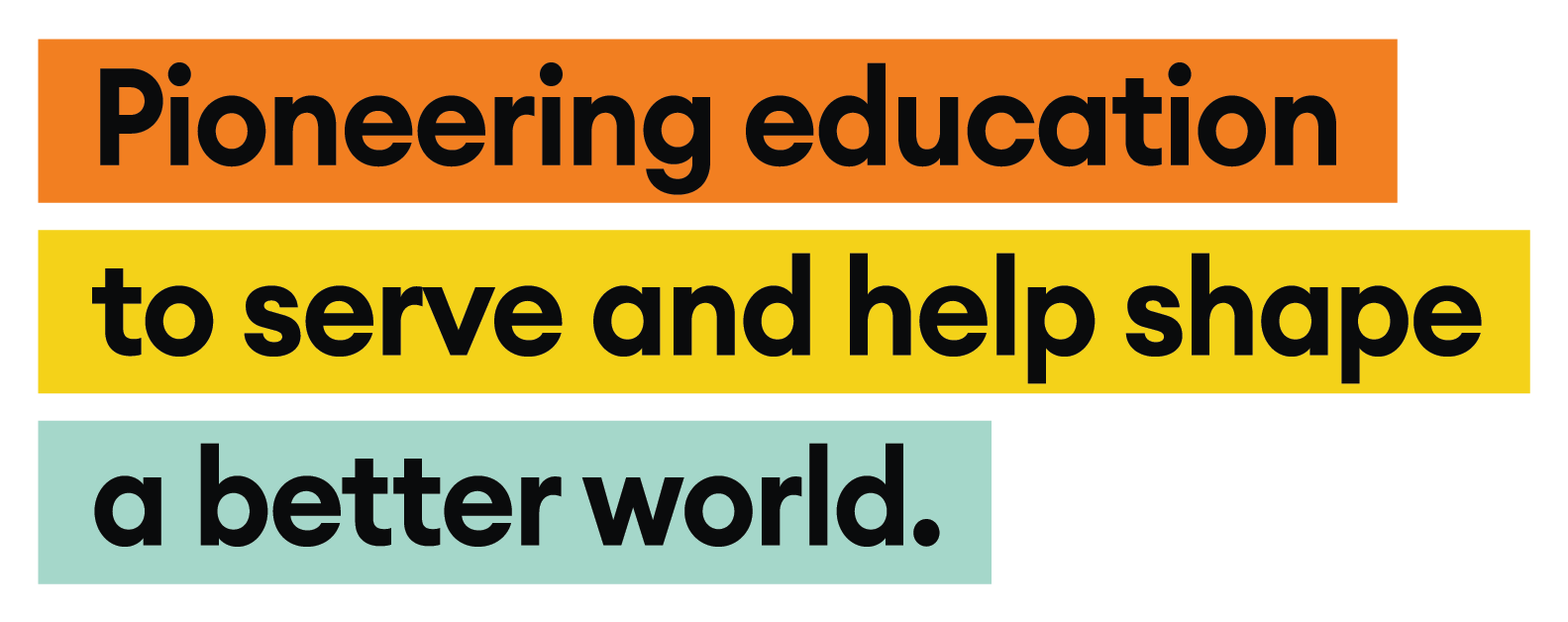How we remember, and why.

Today, November 11th, marks the first of four Remembrance Days to fall within the centenary of the First World War (1914-1918). The day is significant for the College which has a long standing military history in the UK and was marked today by a traditional ceremony including two minutes of silence, readings and music by our pupils.
The day, which gives pause to remember the men and women who have given their lives in conflicts all over the world, is an important reminder of the crucial role history plays in our schools.
Why do we study History?
At Wellington we do our best to teach as many viewpoints as possible.
We don’t just teach British History or even European or Asian History. Wellingtonians are given, from year 5 to year 13 a course in world History.
Beginning with the ancient civilizations of Europe, Asia, Africa, the Americas and Australasia they then delve into the growth and deaths of these civilizations, focusing more and more on the interplay of nations, the causes of conflict and the spread of cultures. At Wellington we encourage not just a study of our World History program, but a study of it from national, economic, social and gender perspectives. Wellingtonians learn in depth why wars happen, why Empires rise and fall, but they also learn how all sides perceived these events and why they saw it that way.
The philosopher Wittgenstein, claimed the ‘limits of my language are the limits of my world’, the same applies to the study of History. To learn one side of history is to hear only half the conversation. At Wellington, we must ensure that our pupils see the past from as many perspectives as possible. The more perspectives, the greater their understanding.
But what is the point of studying the past when we are told so often to face the future?
Remembrance Day gives us an opportunity to answer that question.
The past is with us every day. Be it laws passed, religions formed or nations born, we all live in a world created by our ancestors. History and its study is a chance to understand the context of our world. Through the acts of remembrance this week, we reflect on our past, see how it forms our present, and could impact our future.
Wellington has made great sacrifices over its 150 year history, founded by Queen Victoria as a school for the sons of fallen generals, it has lost many Old Wellingtonians to wars the world over. However, Remembrance for Wellington is not about a single conflict, but about the sacrifice that men and women from all our countries have made in order that we may be here today.
We remember those men and women who gave up their hopes and dreams in order that ours might be fulfilled. We remember them together and we remember them individually. By remembering them as individuals, their struggle, their heartache, the hopes and dreams they gave up, we connect with our own existence, our own lives and those around us.
By remembering what they have given up we strengthen ourselves and our commitment to build a better world, to build here an international community those fallen men and women would be proud of.
You can see the photos from today's ceremony here.
 Barry Cooper is the Head of History at Wellington College. With degrees in History from St. Andrews and Stirling Universities he has worked as an Assistant House Master, Director of Studies and Registrar. Barry's passion for world history has led him to Shanghai where alongside sharing his vision for History teaching at Wellington he hopes to continue his other career as a writer.
Barry Cooper is the Head of History at Wellington College. With degrees in History from St. Andrews and Stirling Universities he has worked as an Assistant House Master, Director of Studies and Registrar. Barry's passion for world history has led him to Shanghai where alongside sharing his vision for History teaching at Wellington he hopes to continue his other career as a writer.
Related Articles













